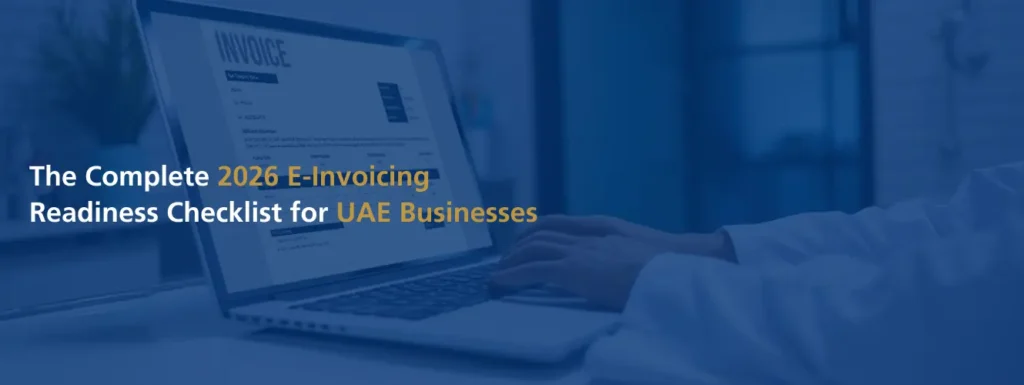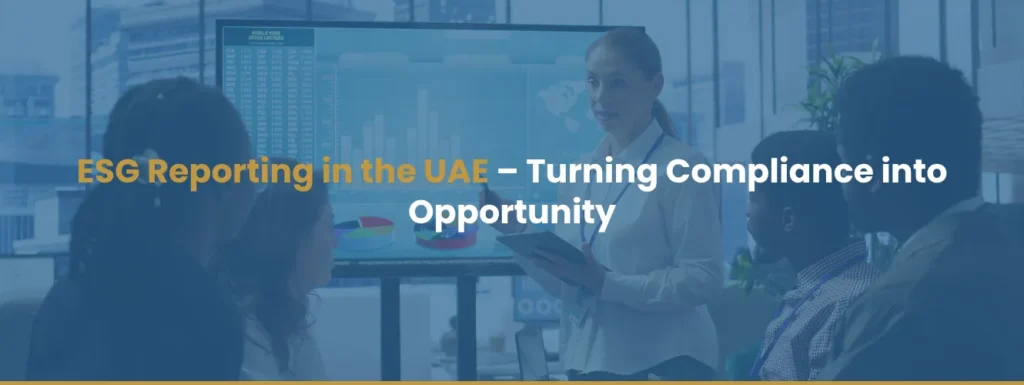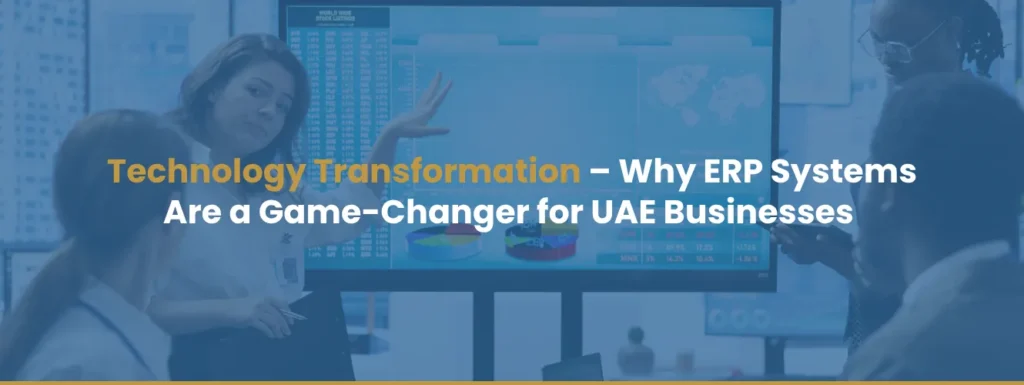From Chaos to Clarity: Integrating ERP for Real-Time Tax Accuracy
From Chaos to Clarity: Integrating ERP for Real-Time Tax Accuracy Finance operations across the UAE have entered a phase where manual processes and fragmented systems no longer keep pace with regulatory complexity and real-time reporting expectations. This shift has created a growing gap between what businesses record internally and what tax authorities now validate digitally. ERP integration has therefore become a foundational requirement rather than a technology upgrade. Real-time tax accuracy depends on how data flows through an organisation rather than on how reports are prepared at the end of a period. VAT calculations, corporate tax treatment, and e-invoicing validation now take place inside systems that rely on consistent master data, rule-based logic, and automated controls. Manual adjustments that once corrected errors after the fact are no longer enough. When ERP systems operate in isolation from tax engines or invoicing platforms, every transaction creates a new opportunity for mismatch. This often results in incorrect tax treatment, rejected invoices, or audit exposure that can disrupt cash flow and weaken compliance confidence. An integrated ERP environment ensures that the same data and tax logic drive accounting, invoicing, and regulatory reporting in a single controlled flow. Tax compliance in the UAE has become deeply embedded in digital systems that validate transactions as they occur. This means finance teams must focus on the accuracy of every data field, tax code, and approval workflow rather than relying on reconciliation at month end. ERP integration allows these controls to operate automatically across departments. Real-time visibility is another critical benefit of integrated ERP environments. Finance leaders gain immediate insight into tax exposure, outstanding liabilities, and compliance status across the organisation. Decisions become faster and more reliable when financial data reflects actual transaction activity rather than delayed summaries. Process consistency also improves when ERP and tax functions work as one. Standardised workflows reduce the risk of human error and create predictable outcomes across invoicing, reporting, and compliance tasks. This stability is essential in a regulatory environment that expects continuous accuracy rather than periodic correction. At BOT Consulting UAE, ERP integration is approached as part of a broader tax and governance framework. Functional tax design, system configuration, and regulatory alignment are treated as a single operating model rather than disconnected projects. This approach supports finance teams in maintaining clarity, control, and compliance as regulatory requirements continue to evolve. ERP Integration ultimately transforms tax from a reactive function into a real-time control system. Instead of correcting mistakes after they occur, organisations can prevent them at the source. In a digital-first tax environment, this shift from chaos to clarity defines how finance teams protect both performance and compliance.




















